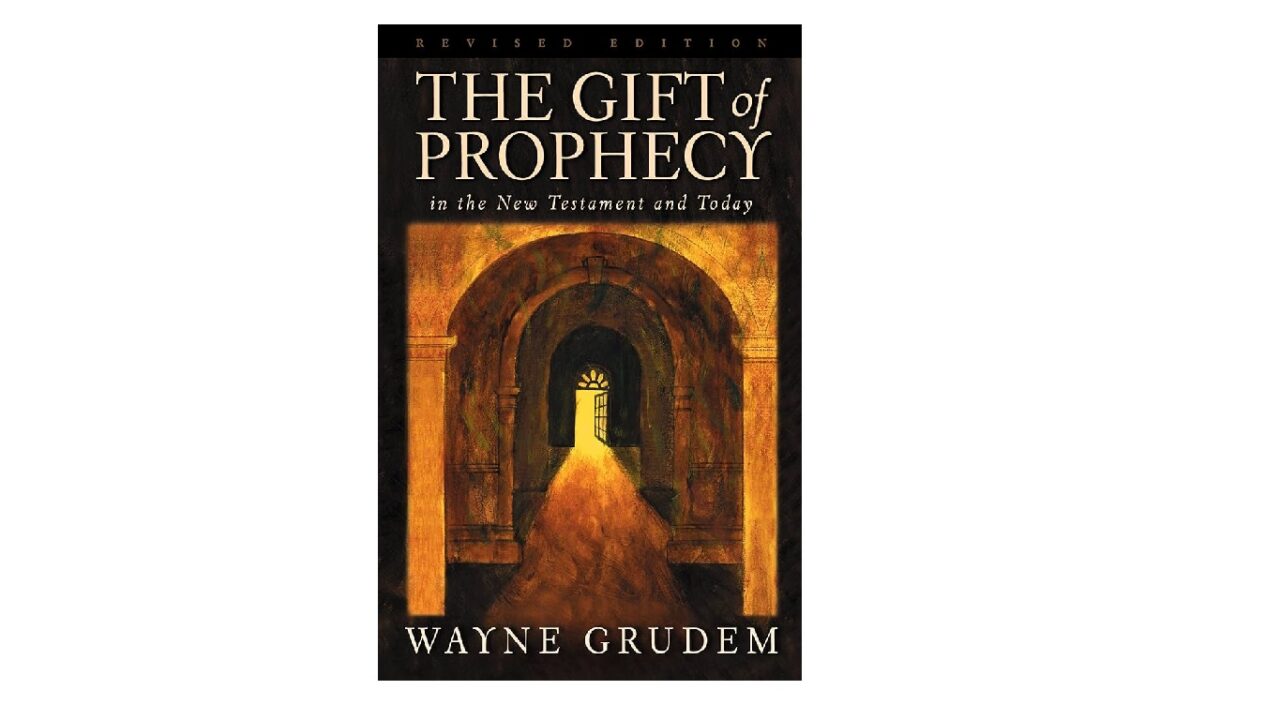The Gift of Prophecy in the New Testament and Today (Revised Edition), Wayne Grudem, 2000, p 93.
Although most charismatics would agree that prophecy today is not equal to Scripture in authority, it must be said that in practice much confusion results from the habit of prefacing prophecies with the common Old Testament phrase, “Thus says the Lord” (a phrase not used by any congregational prophets in the New Testament churches). The modern use of this phrase is unfortunate, because it gives the impression that the words which follow arc God’s very words, whereas the New Testament does not justify that position—and, when pressed, most responsible charismatic spokesmen would not want to claim it for every part of their prophecies anyway. So, it seems that there would be much gain and no loss if that introductory phrase were dropped.
This suggestion is similar to that of others in the charismatic movement. Timothy Pain says that prophecies should not be “prefixed with, ‘Thus says the Lord,’ or ‘O my children’! It is much better, in humility … to prefix to the prophecy the words, ‘I think the Lord is suggesting something like …’
Assemblies of God leader Donald Gee says, “We hear to a point of weariness the phrase, ‘I the Lord say unto you.’ … it is not essential. The message can be given in less elevated language.”
And in his book Signs and Wonders Today, charismatic writer Donald Bridge seems to agree:
Nor is there any biblical reason to suppose that prophecy will always be prefaced by, “Thus saith the Lord,” or delivered in the first-person singular as if God were directly addressing the listeners…Indeed, such a custom may serve only to confuse “normal” prophecy with inspired canonical prophecy in the Bible and discourage the hearers from that very “weighing” exercise that God requires of them.




